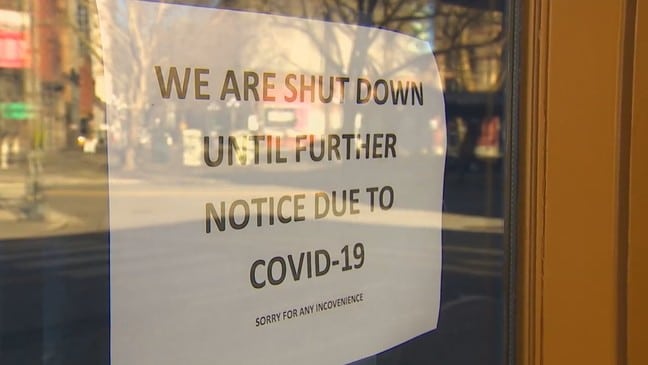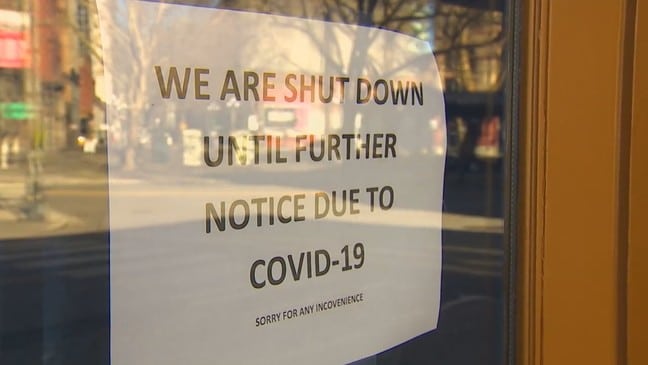While government officials think people should be sitting around worshipping them for throwing the peons $600 in stimulus (which hasn’t even arrived yet), the reality on the ground in the United States is that the government’s decision making, as it relates to Covid, has simply crippled many people’s finances.
Never was this more evident than in a recent WSJ piece that profiled several people the paper had checked in with during the year to see if their finances had recovered.
A couple named Robert Rodriguez and Migdalia Wharton, who were previously out of work and couldn’t pay their bills, “finally started getting unemployment benefits” over the summer before they “both found new jobs”. At both new jobs, they are making less than their pre-Covid jobs. “We don’t want to fall behind. The way things are, it doesn’t look pretty,” they told the WSJ.
Tow-truck driver and Repo Man Eddie Whiteman said during the spring “banks stopped calling him to repossess cars after their owners fell behind on payments” because lenders were “fearful of the optics”. He says his business is running 15% slower than it was last year. “Nobody wants to look like the bad guy, and I get that. But it makes it hard for folks like me,” he said.
Single mother Malaysia Jemison was forced to leave her job this summer to care for her daughter. It was as late as September when her unemployment benefits finally kicked in, with back pay. She says that in November, her food stamps stopped coming and that she would like to return to her job – but cannot do so until reliable child care is open again. “It makes me feel like I jump over one hurdle to be met with another hurdle,” she said.
Andy Posner, who runs a non-profit lender, says he has been busy doling out loans between $300 and $1000 since the pandemic hit. Now, he says, those loans are his “main growth driver”. Total loans have quadrupled since the spring, he says, and he has added several dozen employees. He has also expanded into Texas, from Florida, where most of its loan book is located. “A lot of our clients are nervous as hell, but they are at work at least,” he said. “People are scraping by but they are terrified and stressed and at their wit’s end.”
Cassandra Brooks, who runs Little Believer’s Academy Day Car in Raleigh, NC, says that enrollment and revenue have “plunged” and that she has been operating at a loss for most of the year. She says the families of her children have “been in and out of homeless shelters”. She is getting by because a private donor helped some families pay their tuition fees for the year. “I know that was a sign for God telling me to keep taking care of these children,” she said. “It’s hard, but I’m thankful I’ve survived this long.”
Steve Novak, owner of Beaver’s Cafe in Minto, N.D., said that business boomed this summer thanks to a PPP loan that helped it stay open. But when customers were ordered to stay home later in the year, he had to “discontinue breakfast service and lay off the full-time employees”. He said he has enough savings to give his staff Christmas gifts and can stay open until the end of January. He concluded: “The little guy is getting crushed right now; the big corporations aren’t. It’s the middle-class people that are having their asses handed to them.”
Community banker Mike Estes says this year was the “most intense” in his 45 years in the industry. He was supposed to retire this year but instead has stayed on at regional Fisher National Bank in Fisher, Il. to help serve the community. He says that businesses are surviving in the area, thanks to the PPP, and the bank remains liquid. “We’re almost embarrassed to say we’re having a record year,” he concluded.
Reprinted with permission from ZeroHedge.


